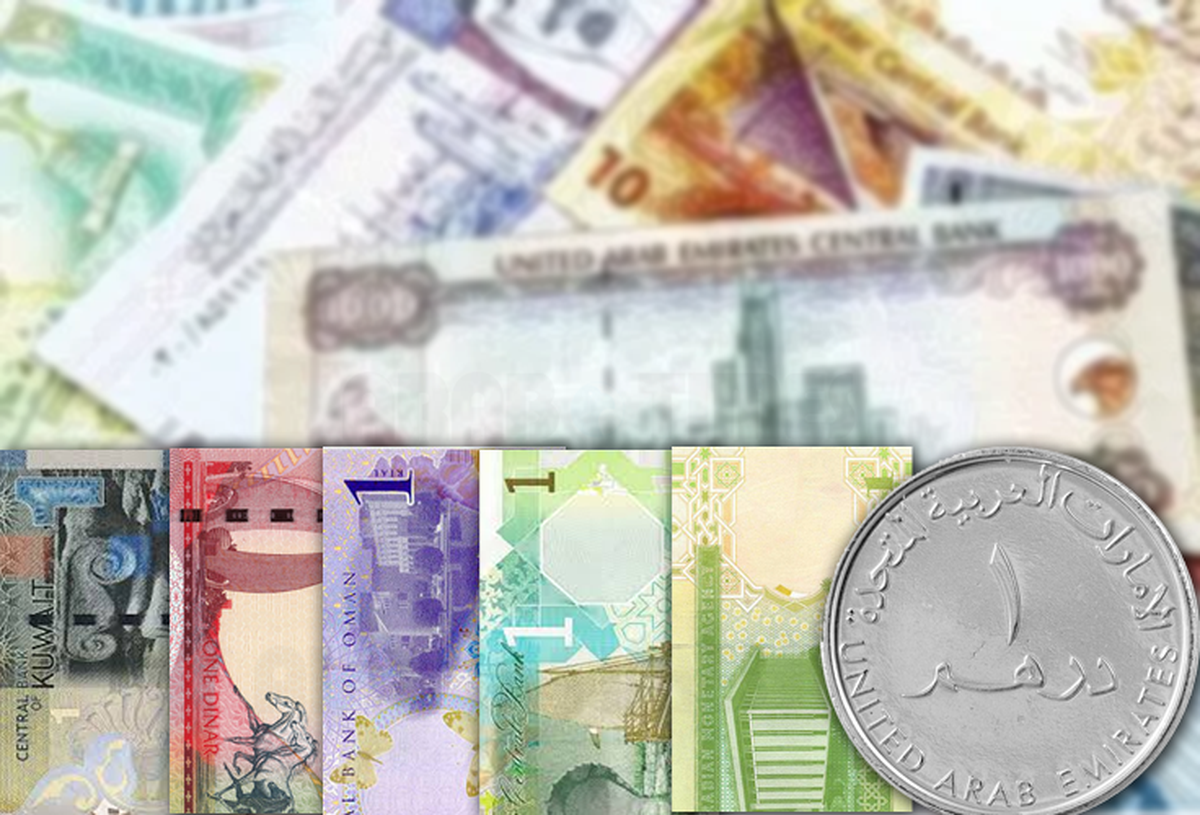31/05/2025
31/05/2025

KUWAIT CITY, May 31: The Gulf Cooperation Council (GCC) nations, comprising Saudi Arabia, the UAE, Kuwait, Qatar, Oman, and Bahrain, have long been magnets for expatriates seeking tax-free income and better financial prospects. But when it comes to actual savings potential, not all GCC countries offer the same return on effort.
GCC: A Remittance Powerhouse for Expats
In 2024, the Gulf Cooperation Council (GCC) countries continued to be significant sources of global remittances. Saudi Arabia experienced a notable increase, with expatriate remittances reaching SR144.2 billion ($38.45 billion), marking a 14% rise from the previous year and the highest in three years. Conversely, the United Arab Emirates saw a slight decline in remittance outflows, totaling $38.5 billion, a nearly 3% decrease from 2023.
Savings vs Cost
While UAE and Saudi Arabia boast massive expat populations and robust economies, the high cost of living in cities like Dubai, Abu Dhabi, and increasingly, Riyadh, can significantly erode disposable income. Smaller GCC nations like Kuwait and Oman, while sending lower total remittances, may provide expats with greater per-capita savings opportunities.
Top Contenders for Expat Savings
1. Kuwait: The Silent Saver
Kuwait stands out for its mix of high, tax-free salaries (especially in oil, healthcare, and engineering sectors) and a relatively lower cost of living compared to the likes of the UAE or Qatar. International studies such as Mercer’s Cost of Living Survey have repeatedly placed Kuwait as one of the more affordable GCC nations for expats, particularly when it comes to housing outside prime areas. This favorable balance allows many expats, particularly from India, Egypt, Bangladesh, the Philippines, and Pakistan, to remit substantial portions of their income. For many, Kuwait's restrained entertainment and lifestyle options actually encourage stronger saving discipline.
2. Oman: Affordability Meets Quality of Life
Oman consistently ranks as the most cost-effective GCC nation, according to recent indices like Numbeo’s 2025 World Cost of Living Index. While salaries may be lower than in Qatar or the UAE, the drastically reduced living expenses, especially for rent and daily necessities, mean expats can still save significantly, especially if they avoid lifestyle inflation. Additionally, Oman is praised for offering a high quality of life, safety, and a calmer environment—factors that also contribute to a more budget-conscious lifestyle.
3. Bahrain: Balanced and Budget-Friendly
Though often overshadowed by its larger neighbors, Bahrain punches above its weight with a strong financial sector, moderate salaries, and a noticeably lower cost of living. Remittance data reveals consistent growth. In the first nine months of 2024, foreign workers in Bahrain remitted a total of BD 726.9 million, marking a 1.1% decrease compared to the same period in 2023. This dip occurred despite a growing expatriate workforce, which surpassed 631,000 by mid-2024. Factors such as global economic uncertainties and rising living costs may have influenced this trend, according to Gulf Press.
For expats working in finance or industry and living frugally, Bahrain presents a compelling savings environment.
Bahrain's remittance landscape in 2024 presents a nuanced picture. While overall remittance outflows experienced a slight decline, the nation's financial sector remains robust, offering expatriates a conducive environment for savings.
Countries with High Salaries, But Hidden Pitfalls
UAE and Qatar regularly rank among the top for gross salaries. Dubai and Doha attract professionals in finance, tech, and real estate with lucrative packages. However, high living costs—especially in housing, schooling, and entertainment—often neutralize those advantages. Without disciplined budgeting, many expats find their high earnings quickly consumed.
Saudi Arabia, once a haven for savings, is undergoing rapid transformation under Vision 2030. While opportunities and salaries have increased, especially in construction, engineering, and management, the cost of living in Riyadh and Jeddah is climbing just as fast. Reports even suggest that in some cases, rents and school fees now rival or surpass those in Dubai.
The Role of Nationality and Sector
Expat income and savings potential vary widely depending on profession and nationality. Western expats in senior roles often earn significantly more than their South Asian or Arab counterparts in similar positions. Fields like oil & gas, healthcare, and IT offer the highest disposable income across all GCC countries.
The GCC's Best Bet for Savers
If maximizing savings is the goal, Kuwait, Oman, and Bahrain emerge as the most favorable destinations for expats. These countries strike the right balance between competitive salaries and manageable living costs.
The UAE, Qatar, and Saudi Arabia continue to offer unmatched opportunities for career advancement and high incomes, but expats must navigate rising expenses carefully.
At the end of the day, savings in the GCC aren’t just about how much you earn—it’s about how much you keep.
Sources:
Special Report by Arab Times, by JCF


